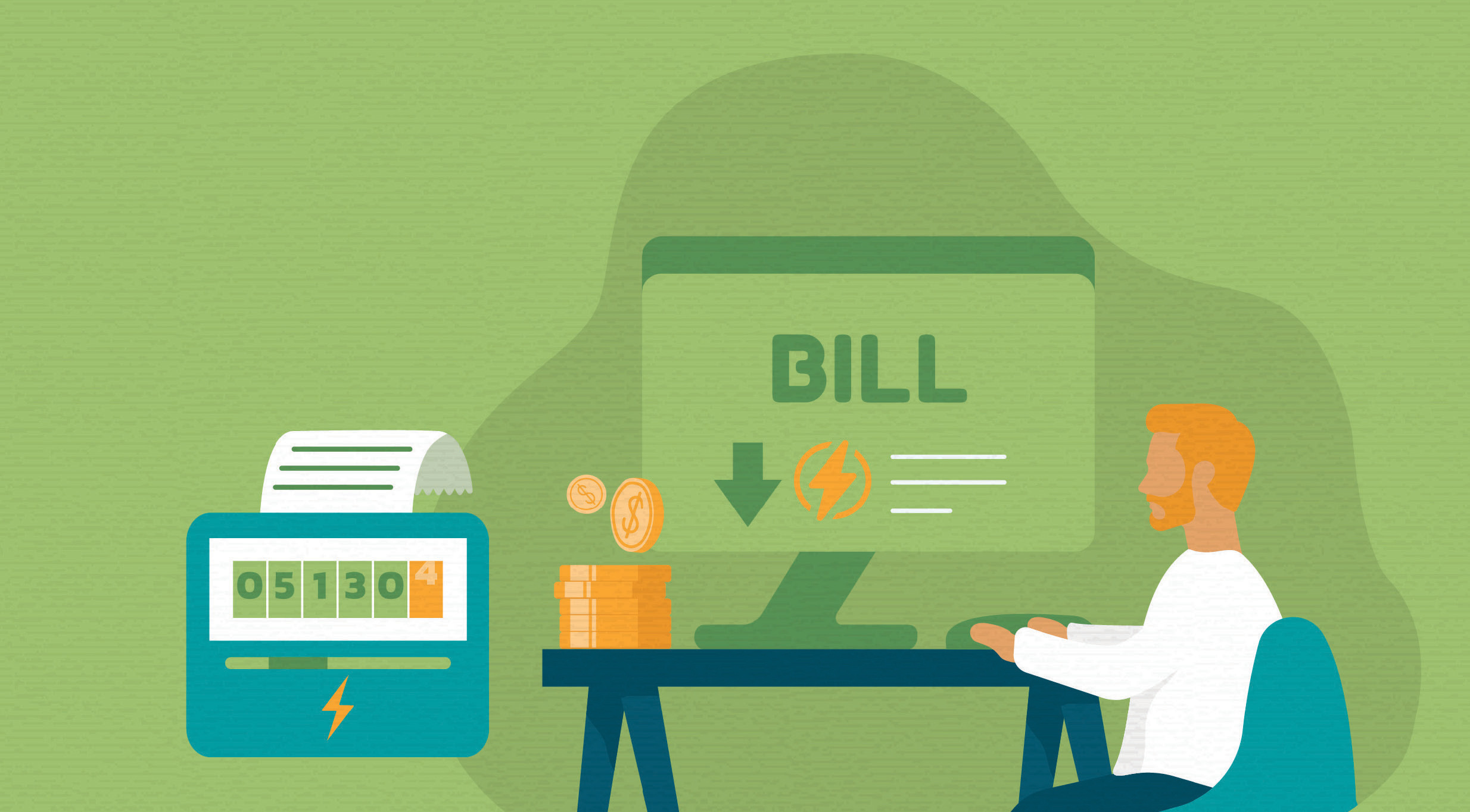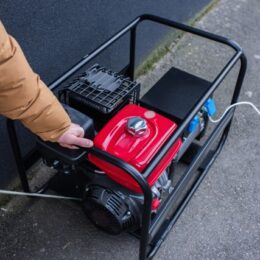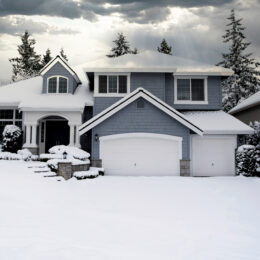
Clean your clothes dryer’s lint trap every time you load the machine. A lint-free trap allows for better air circulation, which could mean your clothes will dry quicker.
Wash clothes in cold water. You’ll not only save energy, but you’ll save water, too. Adjust load settings for smaller loads. And turn off the “heated dry” function on your dishwasher. Let the dishes air dry instead.
If your refrigerator sits near a window or door, move it to another spot if there’s room. When sunrays and heat from the outdoors touch the fridge, it has to work harder — and use more electricity — to keep your food cold. Also, don’t keep your refrigerator or freezer too cold. Recommended temperatures are 37 to 40 F for the fresh food compartment and 5 F for the freezer section.
Traditional fireplaces pull heated air out of the house. When not in use, check that the damper is completely closed.
Use toaster ovens or microwave ovens for small meals rather than your large stovetop or oven.
Unplug appliances — small ones like phone chargers and larger ones like computers and TVs — when you’re not using them. Electronic devices use a little bit of electricity as long as they’re plugged in — even when they are turned off. If you can’t or don’t want to turn your appliances off, switch them to “sleep” mode so they will draw less energy while nobody’s using them.
Get rid of the refrigerator in your garage. Chances are, it’s an old one that you moved there after you got an energy-efficient new model full of bells and whistles for your kitchen. That old energy hog would cost you plenty if it were in a room that you heat and cool. But in an uninsulated garage, it has to huff and puff to keep its contents cool when it’s hot outside — and it’s probably not even halfway full.
Dirty filters make your HVAC system work harder to heat the air. Aim to change the filter every three to six months.
If your water heater is older on not well insulated, wrap it in an insulating jacket.



